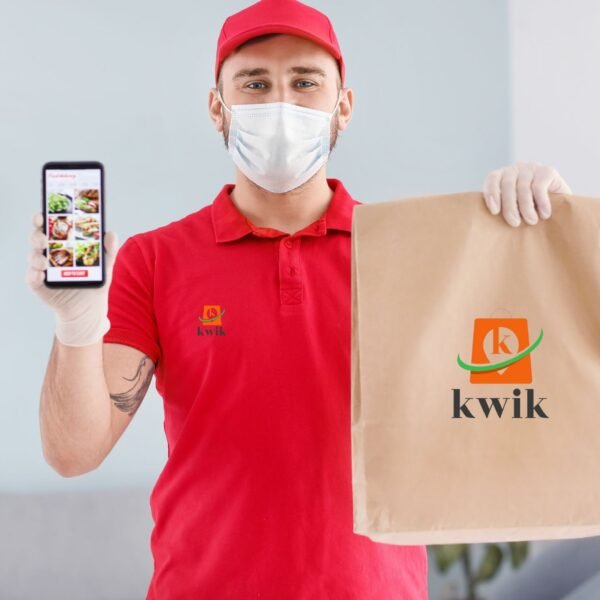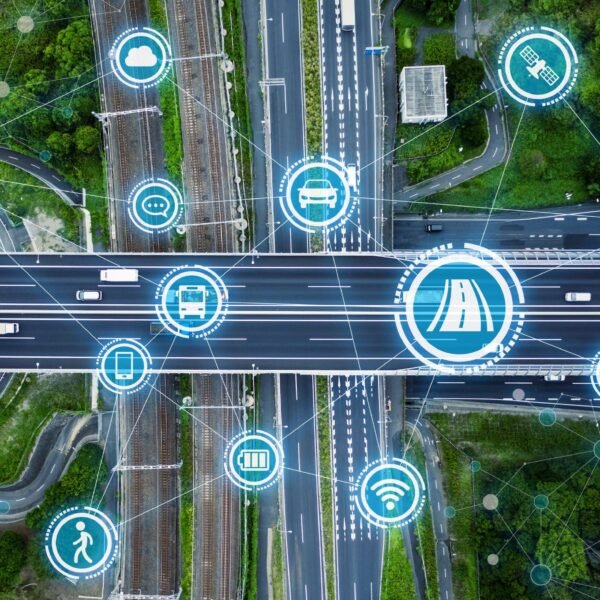The rise of quick commerce—delivering groceries and essentials within minutes—has completely redefined convenience. But as the demand for ultra-fast delivery increases, so do questions about its environmental impact. Can a model built on speed, single-item orders, and hyperlocal logistics also be sustainable?
The answer isn’t simple, but it’s not a dead end either. Platforms like Kwik are exploring ways to balance speed with sustainability, proving that fast commerce doesn’t have to come at the planet’s expense.
Where Quick Commerce Challenges Sustainability
Quick commerce brings with it certain environmental concerns:
1. Frequent Deliveries = Increased Emissions
Unlike traditional bulk orders, quick commerce thrives on frequent, small-item deliveries. This leads to:
- More trips per day per delivery executive
- Increased fuel consumption
- Higher carbon footprint, especially in areas using petrol or diesel vehicles
2. Excessive Packaging Waste
To fulfill orders quickly and protect items during transport, platforms often use:
- Single-use plastic and extra packaging
- Non-recyclable materials for convenience
- Branded delivery bags that are not reused
3. Inventory Overstock & Wastage
To keep delivery times low, warehouses overstock fast-moving items. When not managed smartly, this can lead to:
- Food spoilage
- Wastage of perishable goods
- Energy loss in maintaining temperature-controlled storage
How Quick Commerce Can Become Eco-Friendly
Despite these challenges, there are clear, actionable ways for platforms like Kwik to operate responsibly:
1. Electric Delivery Fleets
Replacing traditional bikes and scooters with e-bikes or electric vans significantly reduces carbon emissions.
- Lower fuel costs
- Incentivizing delivery partners to shift to EVs
- Aligning with government subsidies for green logistics
2. Sustainable Packaging Solutions
Using biodegradable, compostable, or reusable packaging can reduce waste without compromising speed.
- Paper-based bags or recycled boxes
- Reusable fabric delivery totes for loyal customers
- Incentives for customers returning packaging
3. Hyperlocal Warehousing
Smaller, decentralized fulfillment centers located near residential hubs:
- Reduce travel distances for delivery riders
- Lower cold storage power consumption
- Support local producers and minimize long-haul logistics
4. Smart Inventory & AI Forecasting
By using AI to predict demand, Kwik can avoid overstocking and reduce spoilage.
- Better demand planning
- Reduced product disposal
- Efficient warehouse energy use
5. Batch Deliveries & Smart Routing
Optimizing deliveries with route clustering and batch processing:
- Reduces distance traveled
- Increases delivery efficiency
- Limits emissions per order
Consumer Awareness & Responsibility
Sustainability in quick commerce also depends on consumer choices. Kwik can:
- Encourage scheduled deliveries over urgent single-item requests
- Promote green options at checkout
- Offer loyalty rewards for sustainable actions like packaging returns or EV delivery preference
Conclusion
Quick commerce and sustainability aren’t mutually exclusive. With the right combination of technology, innovation, and intention, companies like Kwik can deliver not just fast—but responsibly.
The future of retail will be judged not just by how fast it delivers, but how consciously it operates. The need for speed is here to stay—but so is the need for sustainability. It’s time to kwikly go green.






Leave a Reply